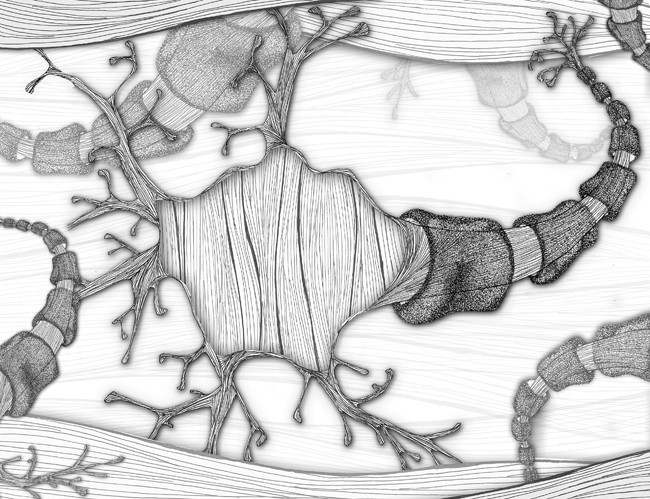Incommunicado no more?
New technology adds wrinkle to decisions regarding severely brain-damaged patients
Imagine lying on your back, aware of questions being asked of you, but completely unable to move and speak. As recent studies show, this is the reality for some vegetative patients. They are literally trapped in their own bodies. Now, there may be reason for hope, as advanced brain imaging is being tested as a means of communication.
Brain scanning has been used to detect neural activity for over a decade and brain-scan results are often important factors in decisions about a patient’s future. Though many patients with severe brain injuries regain consciousness, some never do. Recent technological advances are bringing new insight into the awareness levels of patients, while also raising serious moral problems.
Patients are diagnosed as being in a vegetative state if they are unable to follow objects with their eyes or respond to commands. A collaborative inter-university study in Belgium, headed by Dr. Adrian Owen, used a brain-scanning technology known as functional magnetic resonance imagery (fMRI) to scan the brains of vegetative and minimally-conscious patients.
Of the 54 patients in the study, neural responses to the researcher’s questions were detected in five. Of these five, four were vegetative. One of the vegetative patients, a 29-year old male, was able to have a conversation with researchers.
This patient was asked to associate one visualization of playing tennis with the word “yes” and another, of navigating familiar streets, with the word “no.” Recalling these scenes when responding to questions produced brain activity in different areas of the brain, which were detected by the fMRI. Using this identification method, the patient was also able to correctly answer biographical questions, such as identifying his grandfather’s middle name.
Though it is not yet clear whether or not patients can answer more complicated questions, there is potential for communication.
Does this mean that patients who can communicate in this way can make decisions about their own care? Could a vegetative patient ask to be unplugged?
Dr. Stephen Smith, assistant professor of neuroscience at the University of Winnipeg, notes that it is important to distinguish between different causes of vegetative states. In patients suffering traumatic brain injuries (TBIs) there is brain damage, but some areas of function may be preserved. However, in vegetative states induced by oxygen deprivation, often almost all higher brain function is lost. This is an important distinction, as vegetative states from TBIs are fairly rare and, even amongst these cases, awareness can only be detected using an fMRI in a very small subset.
“We should not dramatically alter the way patients are cared for based on one study,” Dr. Smith cautions. “Asking patients to make decisions about their own care is implying deep philosophical questions. Would you ask someone who has significant portions of their brain damaged to make these kinds of judgments?”
Dr. Smith suggests that with the given level of technology, serious decisions are best left to doctors and family members who presumably have intact, healthy brains.
Though the technology is prohibitively expensive, pressure from doctors and researchers may force more studies of the type done by Dr. Owen and his team. This would allow for more information that can help with care decisions.
Despite the ethical problems fMRI technology poses, Dr. Smith points out that one of its greatest benefits is hope: “People need that hope. And if a detailed scientific study shows that there is no response in the patient, it may help allow families to let go.”
Alana Westwood is an evening-and-weekend philosopher whose blog can be found at http://gapingwhole.wordpress.com
Published in Volume 64, Number 24 of The Uniter (March 25, 2010)








